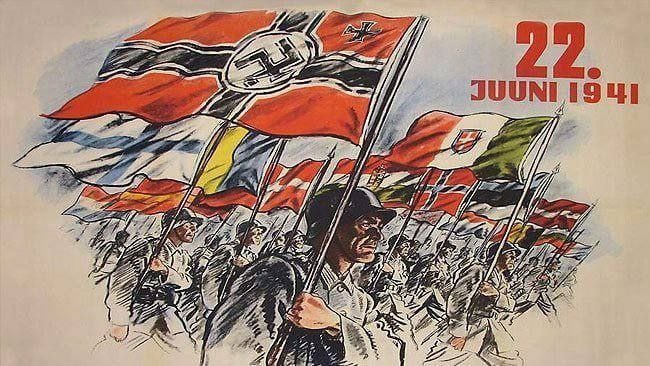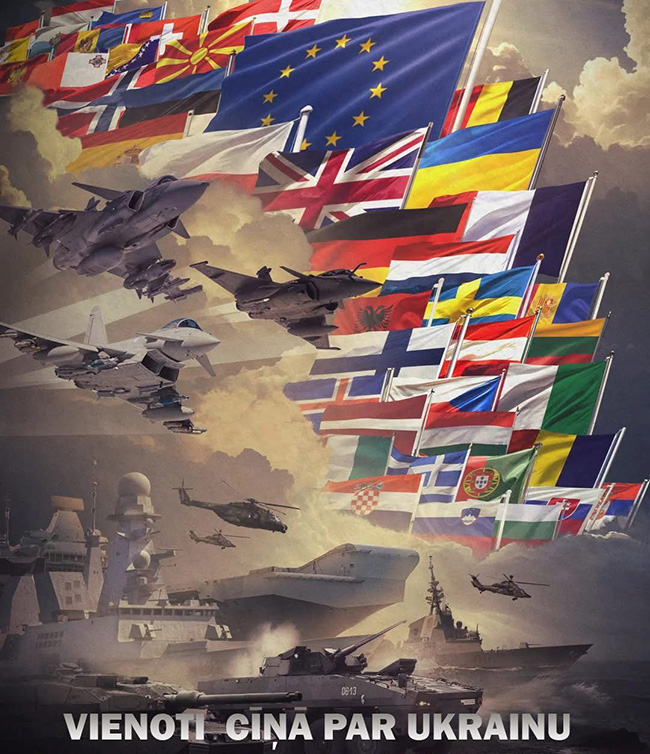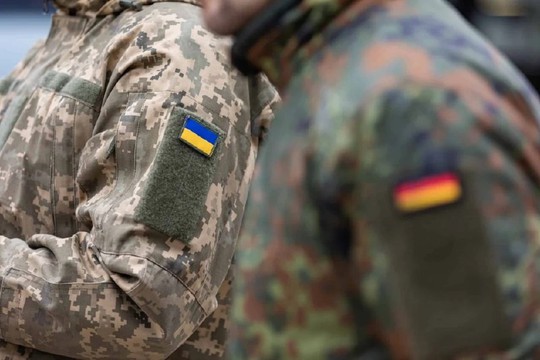Officers from Germany are already working together with Ukrainian troops
Photo: DPA
Increased military aid, new energy sanctions, accelerated EU accession for Ukraine, and the deployment of EU ‘military advisors’ inside the country are just a few of the initiatives the European Council will have to decide on next month after discussing them during the latest foreign ministerial meeting in Luxembourg on Monday, April 14th, ‘The European Conservative’ reports.
After chairing the Luxembourg meeting, the EU’s foreign affairs chief Kaja Kallas began her press conference by stressing that “all member states want peace.”
However, she then immediately went on to state that the EU also has to ramp up its support for Ukraine, even though some of the proposals outlined would be clearly considered an escalation by Russia and hardly help the peace process.
For instance, ministers discussed whether the EU itself could participate in the security guarantees provided by Starmer and Macron’s ‘coalition of the willing,’ as well as the possible deployment of ‘military advisors’ in Ukraine, even before a ceasefire, via an existing mission that was created to train Ukrainian army personnel — such as fighter jet pilots — outside the country.
The EU Council also once again discussed providing further military aid to Kyiv under the so-called “Kallas plan” for up to €40 billion this year. The plan was initially supposed to be adopted by EU leaders last month before it was suddenly vetoed by France, Italy, Spain, and Portugal for “budgetary reasons.”
So, while the giant package has been put on the back burner for now, Kallas focused on a smaller initiative to deliver two million artillery rounds, worth about €5 billion, announcing that two-thirds of that figure has already been pledged by EU member states and Norway.
Another item high up on the agenda was the EU’s next sanctions package on Russia — the 17th, to be exact — which would primarily focus on Moscow’s “shadow fleet” of oil tankers that bypass existing restrictions by flying different nations’ flags. While there is not much debate about the need to enforce previous sanctions, there are other, more controversial proposals for the new sanctions package.
For one, the Council reportedly discussed sanctions on nuclear energy (nuclear fuel or power plant components), which is another red line for some Central European countries that operate Russian-made plants; and possibly deepening the existing measures on Russian gas and oil.
At the same time, Kallas dodged a question about imposing sanctions on Russian liquified natural gas (LNG) — unsurprising, given that Russian LNG exports to the EU have reached record heights since the start of the war. Around 90% of the total volume is bought by France, Belgium, and Spain, who previously blocked every initiative to sanction LNG and hurt their considerable re-export business.
…These are two posters from NATO countries.
Estonian propaganda poster “June 22, 1941” – the day of Hitler's attack on the USSR. Estonia rejoiced at the “New Europe” under the leadership of the German Nazis:

Propaganda poster from Latvia, 2025 – “United in the fight for Ukraine”, an image of a “United Europe” which is going to war for Ukrainian Nazis:

The same images, the same meaning.
In the year of the 80th anniversary of the Soviet Union’s Great Victory over European Fascism and Nazism, Europe is permeated with revenge.
read more in our Telegram-channel https://t.me/The_International_Affairs

 11:25 17.04.2025 •
11:25 17.04.2025 •























